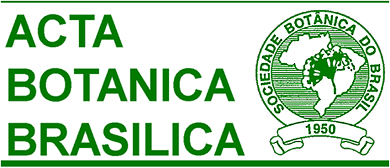Biological invasions have negative impacts on native biota and consequently on biodiversity. In patches of Atlantic Forest in Brazil, the Australian palm tree Archontophoenix cunninghamiana has become invasive, whereas the endemic palm Euterpe edulis is threatened with extinction. The two species occupy parts of the same functional niche within the forests, which raises a question: Does the invasive species interfere with the recruitment of the native one when the two co-occur? We compared the initial demographic stages of these palms, and assumed that A. cunninghamiana would present better performance (higher rates of germination and seed viability) and would feature allelopathic properties that could influence the recruitment of the native species. We investigated indirect and direct allelopathic interference, respectively, by watering E. edulis seeds with aqueous leachate solutions of A. cunninghamiana fruits and leaves and by conducting combined germination experiments. The leachate solutions neither inhibited germination nor affected the size of E. edulis seedlings. In the direct interference experiments, depulped A. cunninghamiana seeds had higher viability and germination rates than did E. edulis seeds. In E. edulis, exposure to A. cunninghamiana seeds did not affect germination nor seedling development but slightly decreased germination speed. In conclusion, A. cunninghamiana presented no significant allelopathic impediment to E. edulis establishment. However, because A. cunninghamiana seeds are usually depulped when dispersed by birds, the potential of the species to establish itself in the community surpasses that of E. edulis. We propose management strategies to enhance E. edulis performance and to restrict the spread of A. cunninghamiana.
allelopathy; Arecaceae; biological invasion; germination; palm heart



